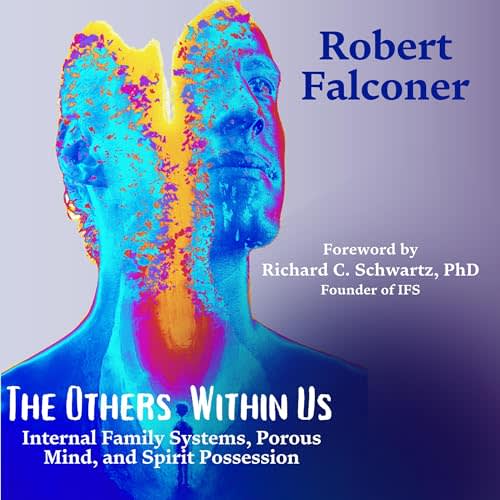
About Anthony Olsen
My work is informed by Gestalt, Process Oriented, and Transpersonal psychotherapy, with roots in Traditional Chinese Medicine. It is awareness-based and attends to breath, body, and relational experience as central elements of the therapeutic process. This work supports psycho-spiritual integration, meaningful relationships, and a deeper sense of connection to self and others.
Or if you'd like to find out if we are a good fit or I offer what you are looking for
feel free to book a free 20 minute exploratory call.
